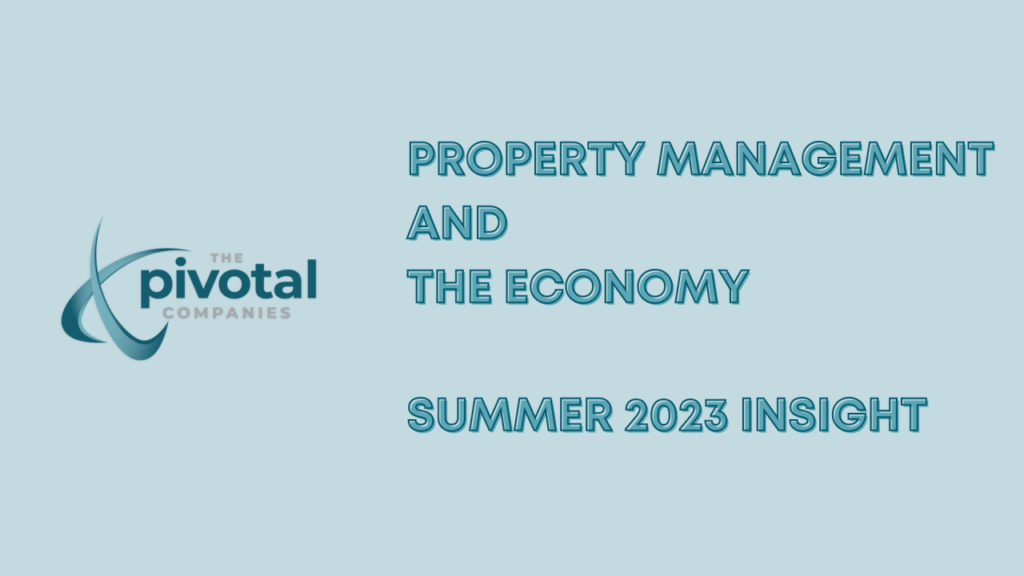
In property management, we often witness the ebb and flow of various cycles that impact our industry. Whether it’s the changing seasons, the school calendar, or market-specific trends, we understand that challenges come and go. As we find ourselves in a new season of economic concern and uncertainty, it is only natural for property managers to ponder the potential effects on their industry. In this article, we will explore how the ongoing recovery from the global COVID-19 pandemic has presented unique challenges for the housing industry and discuss strategies to navigate this delicate balance in the summer of 2023.
A Period of Uncertainty:
Rebounding from the global pandemic has proven to be an arduous task for the housing industry as a whole. Closures and staff shortages have hindered progress, making it feel as though forward momentum is difficult to achieve. However, it is important to remember that resilience is a hallmark of the property management profession. By adapting to new circumstances, embracing flexibility, and employing backup plans, property managers can navigate the current economic state with confidence.
Effects on the Rental Market:
One aspect of the economic concerns is the potential impact on tenants and their ability to meet financial obligations. Property managers may wonder if guarantors will be more hesitant to co-sign leases, or if delinquency rates will rise. While these concerns are valid, it is crucial to recognize that each market behaves differently, and generalizations may not apply universally. Monitoring local economic indicators, staying informed about government policies, and maintaining open lines of communication with tenants can help property managers anticipate and address any emerging challenges proactively.
Adapting Lease and Rental Policies:
In the face of economic uncertainty, property managers should consider reviewing their lease and rental policies to ensure they strike the right balance between mitigating risks and supporting tenants. This might involve revisiting qualification criteria, evaluating the necessity of guarantors, and exploring alternative approaches such as rental insurance. It is vital to strike a balance that protects the interests of both property owners and tenants while also fostering a positive rental experience.
Embracing Technology and Automation:
The ongoing pandemic has accelerated the adoption of technology in various industries, and property management is no exception. Leveraging digital tools and automation can streamline operations, enhance tenant communication, and improve efficiency. Property managers can implement online rent payment systems, virtual property tours, and automated maintenance request platforms to reduce physical contact, save time, and enhance the tenant experience. Embracing technology can also help property managers remain agile in uncertain times and adapt quickly to changing circumstances.
Collaboration and Community Engagement:
During times of economic concern, fostering a sense of community and collaboration becomes even more crucial. Property managers can proactively engage with local organizations, chambers of commerce, and tenant associations to stay informed about economic trends, access resources, and contribute to collective efforts in supporting the housing industry. Sharing best practices, collaborating on solutions, and building strong relationships can help property managers navigate challenges more effectively.
And finally, as property managers face a new season of economic concern and uncertainty in the summer of 2023, it is important to approach these challenges with adaptability, resilience, and foresight. While the impacts of the ongoing recovery from the COVID-19 pandemic may be unpredictable, by staying informed, embracing technology, adjusting rental policies, and fostering collaboration, property managers and owners can navigate these uncharted waters and continue to provide safe, sustainable, and thriving housing options for their tenants. Together, the industry can find the delicate balance needed to weather the storms and emerge stronger than ever.
